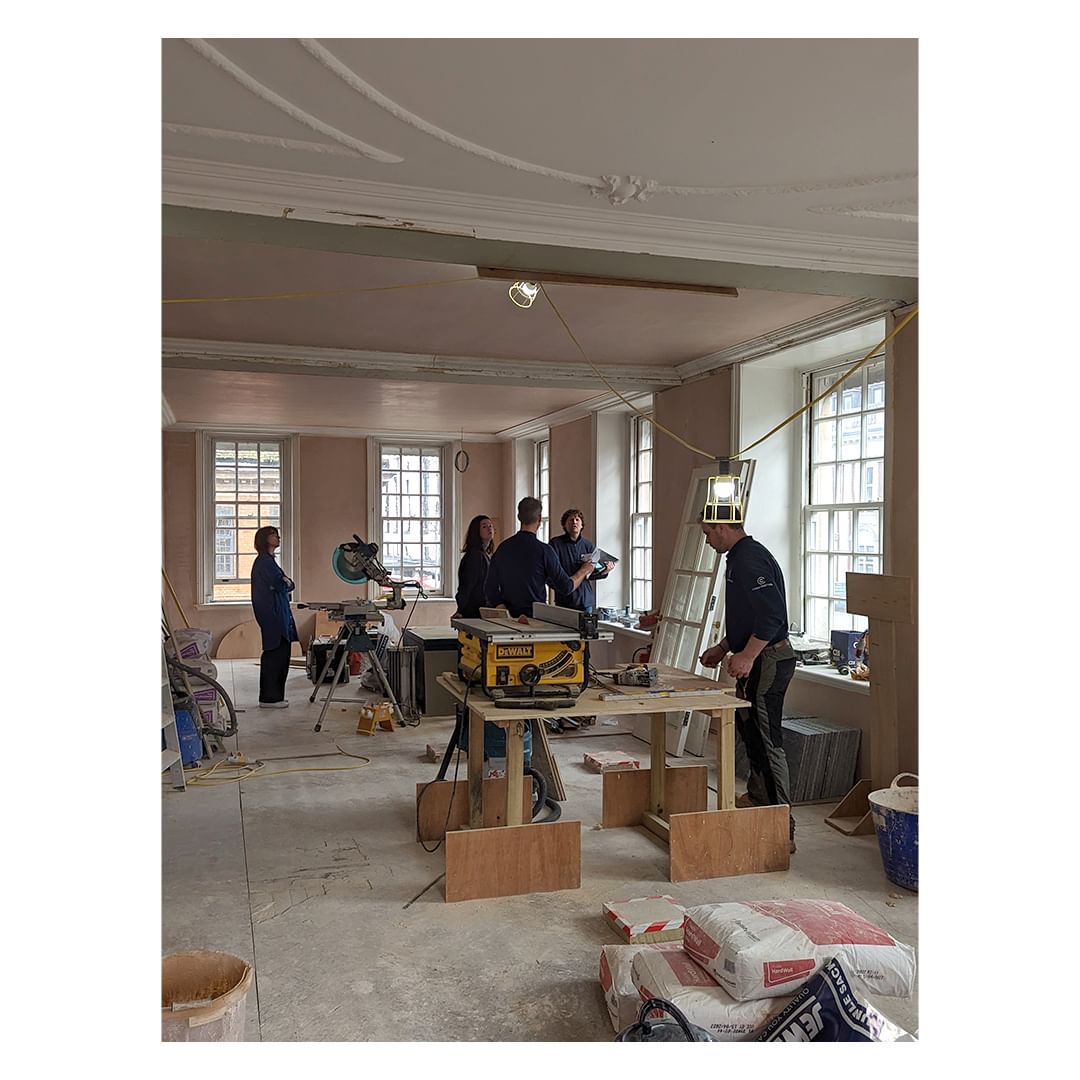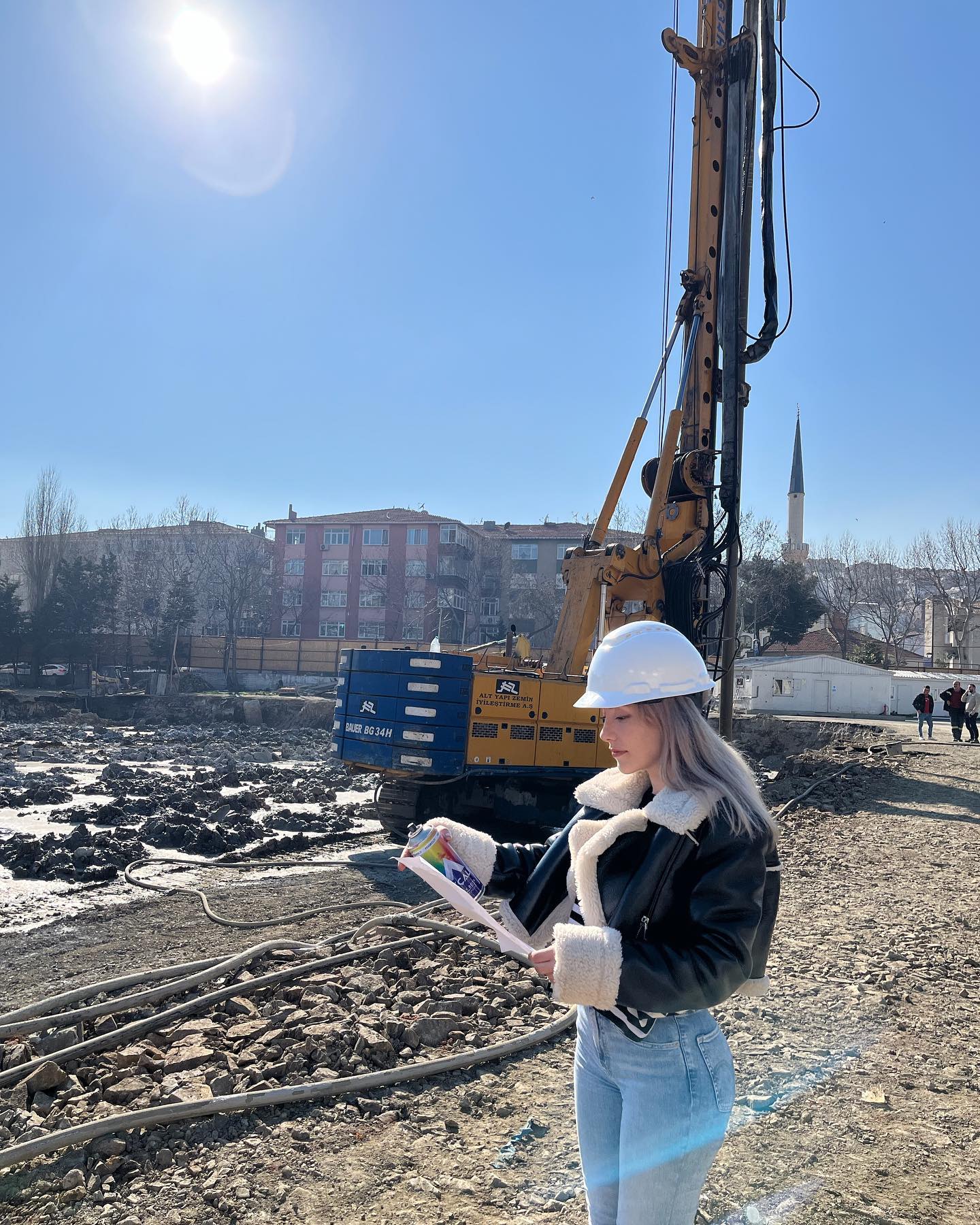8 Key Things You Should Know Before Starting a Construction Project
Are you about to embark on a construction project? If so, you should know some key things before getting started. Starting a construction project is an exciting endeavor, but it can also be daunting. From choosing the right contractor to understanding the budget and timeline, there are many details to consider. That’s why it’s important to arm yourself with knowledge before getting started on your project. Here are eight key things you need to know before beginning a construction project.

Understand Your Project
Before you begin any construction project, it’s essential to understand what the project entails and develop a plan. This means understanding the scope of work, budget constraints, timeline expectations, and any other details that may affect your project. Knowing these details upfront can save you time and money later on.
Start by creating a clear project plan with a timeline and budget. You should also involve all stakeholders involved in the project (such as designers, contractors, and suppliers) to ensure everyone is on the same page. Once you’ve established the plan, make sure you communicate it clearly to all parties involved. For instance, provide a timeline and budget breakdown so everyone is aware of their responsibilities.
Horizontal directional drilling is a trenchless method used to install underground utilities, such as pipelines and cables, without disturbing the surface above. It involves drilling a pilot hole along a predetermined path, and then enlarging it to accommodate the desired utility. Throughout this process, it is important to ensure that the drill head remains on track and reaches the intended destination accurately. This is where the sonde transmitter comes into play.
The sonde transmitter is typically a small, cylindrical device made from durable materials that can withstand the harsh conditions encountered during drilling. It is designed to be easily attached to the drill head and capable of withstanding the force and vibrations associated with drilling. Some examples are the digitrak f5 transmitters found here.
Choose the Right Contractor
The first step in any construction project should be finding a reliable contractor. You want someone who is experienced, trustworthy, and committed to the success of your project. For instance, you will need reliable commercial construction contractors if you are building a business or commercial property. Make sure you get at least three bids from different contractors before selecting one for the job. You should also make sure the contractor has adequate insurance coverage and any necessary business licenses.

Once you’ve found a reliable contractor, it’s important to clearly communicate your expectations and goals for the project. Make sure both parties are clear about the timelines and cost of the project, as well as what materials will be used. Also, set ground rules for communication between you and the contractor throughout the job.
Create a Budget
Having accurate financial information is essential to completing any construction project on time and within budget. Before starting your project, create an itemized budget that includes all expected costs. This will help ensure you don’t go over budget and keep your project on track.
Remember to factor in any unexpected expenses, such as additional materials or delays. If possible, build a cushion into your budget so that you can cover these costs if needed.
Consider every factor that may impact your budget, including materials, labor costs, and permits.
Having an accurate budget at the onset of your project will provide peace of mind throughout the process, so take the time to do it right. With a detailed budget in place, you can focus on creating a finished product that exceeds expectations.
Research Building Codes & Regulations
Before breaking ground on your project, check local building codes and regulations that may apply. Building codes are sets of regulations that all construction projects must follow in order to be safe and up to code. Research these codes early on in your project planning so you can factor them into the budget and timeline.
Also, make sure any contractors you hire are familiar with local building codes. Ask for proof of certification or licenses as needed, and verify that they are up to date. This will help ensure your project complies with all regulations and is safe for use. For instance, if your project involves high-voltage wiring, make sure the contractor is certified in this area.
Choose Quality Materials
Using quality materials is essential for any construction project. Not only will it ensure the finished product meets expectations, but it can also help save time and money in the long run. Make sure to select materials that are durable and appropriate for the project, such as those listed in your project plan.
For instance, if you’re building a commercial property, choose materials that are specifically designed for this purpose. Doing so will help ensure the longevity of your project and reduce future repair costs. Additionally, look for materials with warranties that cover any damages or defects.
Set Up Safety Procedures
Safety should always be a top priority when starting a construction project. Before beginning, develop and share an in-depth safety plan with everyone involved. Ensure all workers are aware of any potential hazards and the proper procedures for dealing with them.

You should also provide personal protective equipment (PPE) such as hard hats, goggles, and masks to anyone working on the site. Make sure workers are properly trained on the use of any tools or equipment they’ll be using, and provide refresher courses throughout the project. Finally, conduct regular site inspections to ensure hazardous conditions aren’t being overlooked. Taking these steps can help prevent accidents and ensure your construction project is completed successfully and safely.
Plan for Time & Resource Management
No two construction projects are the same, but most require significant resources and time to complete. That’s why it’s important to plan ahead and develop a resource and time management strategy. Determine a timeline and set realistic goals, such as when each stage of the project should be completed.
Make sure to factor in any potential delays or setbacks that may occur along the way. This will help you manage expectations and stay on top of progress throughout the process. Additionally, plan for any subcontractors or employees working on the project and any materials and equipment needed. A clear plan can help ensure your construction project is completed on time and within budget.
Prepare the Work Site

Before beginning work on any construction project, it’s important to properly prepare the work site. This includes ensuring the area is safe for workers and clearing away any debris or obstructions. Additionally, take steps to protect any existing structures that the project may impact.
Additionally, consider the access points you will need to bring in materials and equipment and ensure those areas are properly prepared. Finally, check the weather forecast to ensure conditions are safe for work to begin. Proper preparation of the work site will help ensure a successful project from start to finish.
In conclusion, ensuring a successful construction project requires careful planning and attention to detail. From selecting quality materials to setting up safety procedures, there are many steps involved in the process. Taking the time to properly plan ahead and prepare the work site can help ensure your project goes smoothly from start to finish. With thorough preparation and execution, you can rest assured that your construction project will be a success.






